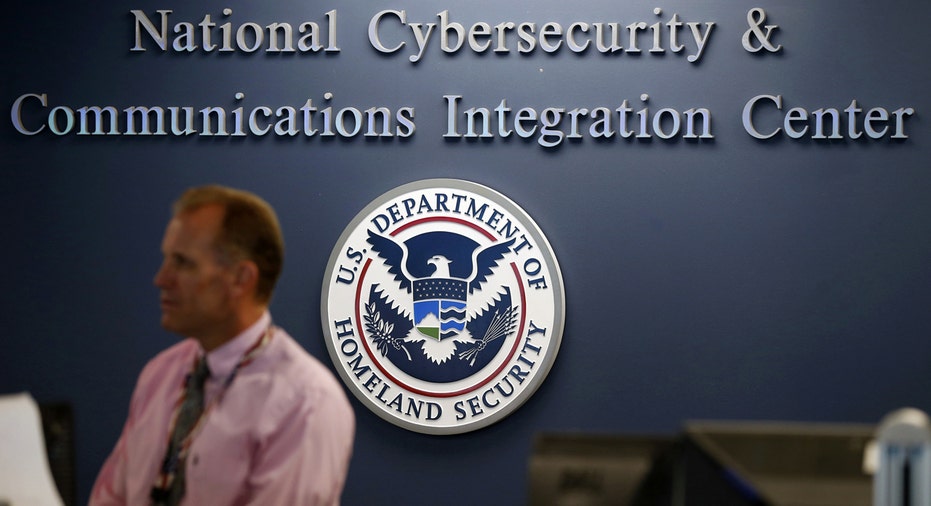U.S. Boosts Online Security

The Department of Homeland Security is working on a plan to expand scrutiny of social-media posts as part of its visa application process before certain people are allowed to enter the country, a person familiar with the matter said.
The move is part of a new focus on the use of social-networking sites following the shooting rampage in San Bernardino, Calif., two weeks ago.
Currently, DHS looks at postings by visa applicants only intermittently, as part of three pilot programs that began in earnest earlier this year. It is unclear how quickly a new process could be implemented, and other details couldn't be learned.
Investigators are looking for clues in Facebook posts, computer records and elsewhere that may have hinted at the intentions of Syed Rizwan Farook and Tashfeen Malik, the married couple suspected of killing 14 people at a holiday gathering Dec. 2 before dying in a shootout with police.
Ms. Malik lived most of her life in Pakistan and Saudi Arabia but moved to the U.S. in 2014 on a K-1 visa, offered to those engaged to Americans. The day of the shooting, she pledged allegiance to the leader of Islamic State, law-enforcement officials have said, on a Facebook account registered to a pseudonym. Counter terror officials are looking to see if she made similar postings in the past.
Islamic State and other terrorist groups have used social media to communicate with one another and seek converts. Law-enforcement and counter terrorism officials have spent years trying to unearth clues about attacks in such postings.
The House of Representatives on Tuesday will vote on a bill to require the Obama administration to come up with a comprehensive strategy to combat terrorists' use of social media. Under the measure, the White House would have to inform Congress about the social-media training it provides law-enforcement officials.
House Republicans have worked to advance several bills since the rampage that aim to show they are taking concrete steps to address Americans' security concerns.
Rep. Michael McCaul (R., Texas), chairman of the House Committee on Homeland Security, said the DHS move is overdue. "It is time this administration stopped worrying about the privacy of foreigners more than the security of Americans," he said.
Separately, congressional negotiators were looking at including in a fiscal 2016 spending bill a measure to impose new curbs on travel by citizens who live in one of the 38 countries that enjoy expedited travel clearance to the U.S.
The measure, which passed the House last week, would require any citizen of the 38 countries who traveled to Iraq, Syria, Iran or Sudan in the past five years to obtain a visa.
The pilot programs for social media used by DHS don't sweep up all posts. Officials have kept details of the programs closely held as they don't want to reveal their process for identifying threats.
"The department is actively considering additional ways to incorporate the use of social media review in its various vetting programs," spokeswoman Marsha Catron said.
Experts said the DHS program would need to be carefully crafted, given the range of online sources. "It absolutely needs to be done, but there needs to be clear guidelines about what is of concern and what is not," said Lorenzo Vidino, director of the program on extremism at George Washington University.
A Facebook spokesman said the company already works to notify law enforcement of certain activity on its site. The company didn't have a specific comment on the planned visa application changes.



















